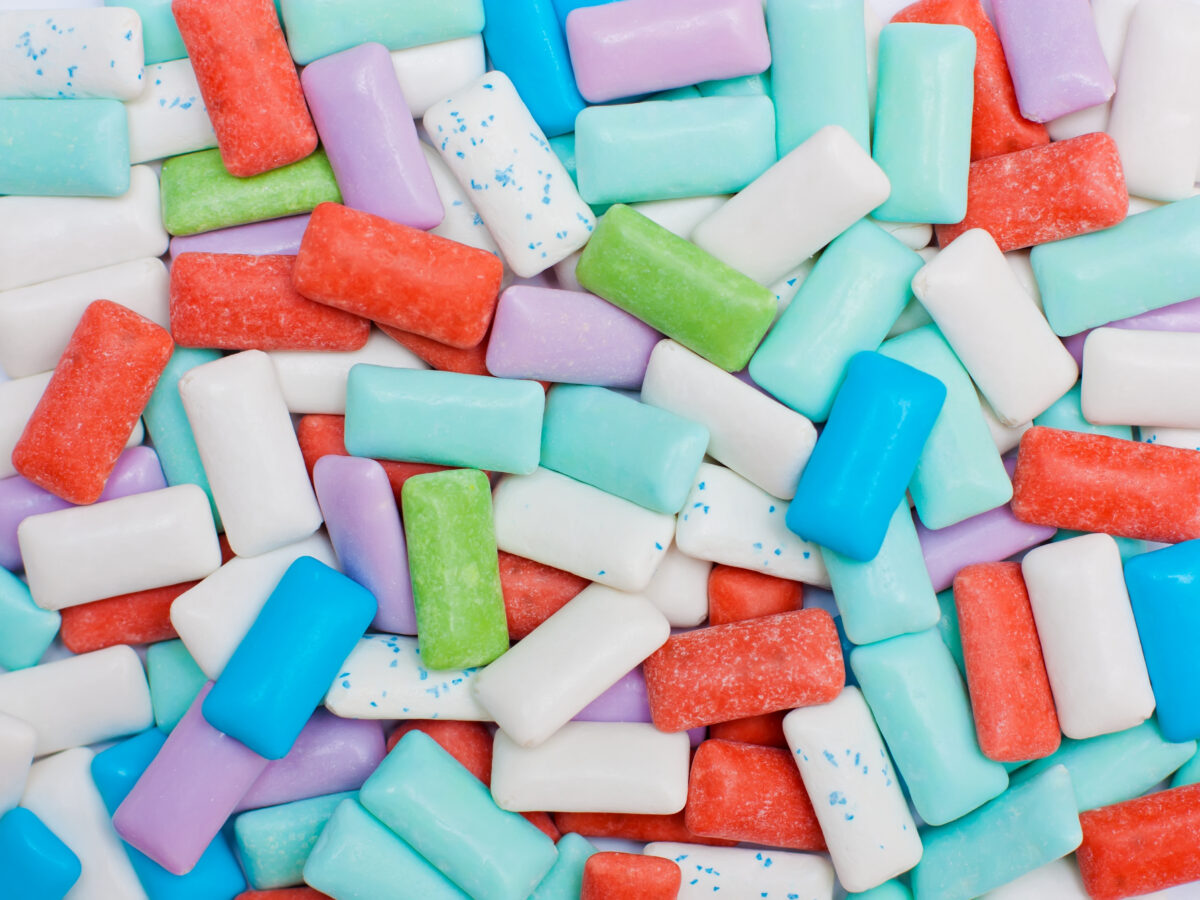Does Gum Expire? Exploring the Shelf Life of Chewing Gum
Chewing gum is a popular confectionery enjoyed by people of all ages. Whether you're a fan of minty freshness or fruity flavors, chewing gum can provide a pleasant and refreshing experience. However, have you ever wondered if gum has an expiration date? In this article, we will delve into the topic of whether gum expires and explore the factors that can affect its shelf life.

Chewing gum
1. The Shelf Life of Gum:
Chewing gum, unlike many food items, doesn't come with a clearly printed expiration date. Instead, it is often labeled with a "best by" or "best before" date.
This indicates the date by which the manufacturer believes the gum will retain its optimal quality.
However, it's important to note that gum can still be safe to consume even after this date.
2. Factors Affecting Gum's Shelf Life:
a. Ingredients:
Gum primarily consists of a gum base, sweeteners, flavors, and preservatives. The quality and composition of these ingredients play a significant role in determining the shelf life of the gum. Natural gum bases, such as chicle, have a shorter shelf life compared to synthetic bases.
b. Storage Conditions:
Proper storage is crucial for maintaining the freshness of chewing gum. Exposure to heat, humidity, or direct sunlight can accelerate the deterioration process, resulting in a shorter shelf life. Storing gum in a cool, dry place can help prolong its freshness.
c. Packaging:
The packaging of gum plays a vital role in preserving its quality. Sealed packs or individual wrapping provide an extra layer of protection against moisture and air, helping to extend the shelf life.

Chewing gum
3. Signs of Expired Gum:
While gum may not have a fixed expiration date, there are signs to look out for to determine if it has gone bad. These include:
a. Texture Changes: Expired gum can become hard, brittle, or excessively sticky. If your gum has lost its elasticity or becomes too tough to chew, it's likely past its prime.
b. Flavor Loss: Over time, the flavor of gum may diminish or become unpleasant. If your gum tastes bland or has an off-putting flavor, it might be time to replace it.
c. Appearance: Gum that has expired may develop discoloration, spots, or an unappealing appearance. Mold growth can also occur in poorly stored gum, making it unsafe to consume.
4. Safety of Consuming Expired Gum:
While expired gum may not be at its best in terms of flavor and texture, it is generally considered safe to consume.
Chewing gum doesn't contain perishable ingredients that can cause foodborne illnesses. However, if your gum shows signs of spoilage or has an unusual odor, it's best to discard it.

Chewing Gum Flavourings
5. Extending the Shelf Life of Gum:
To maximize the shelf life of your gum, consider the following tips:
a. Proper Storage: Keep gum away from heat, moisture, and sunlight by storing it in a cool, dry place.
b. Sealed Containers: Transferring opened gum packs to airtight containers can help maintain its freshness.
c. Avoid Contamination: Ensure that your hands are clean before handling gum, as bacteria can contribute to spoilage.
d. Check for Freshness: Before consuming gum, inspect it for any signs of expiration or damage.
While gum doesn't have a definitive expiration date, its quality can deteriorate over time. Factors such as ingredients, storage conditions, and packaging play important roles in determining the shelf life of gum. By paying attention to signs of expiration and following proper storage practices, you can enjoy your chewing gum while it's still fresh and flavorful. Remember, if in doubt, it's best to replace expired gum for a better chewing experience.